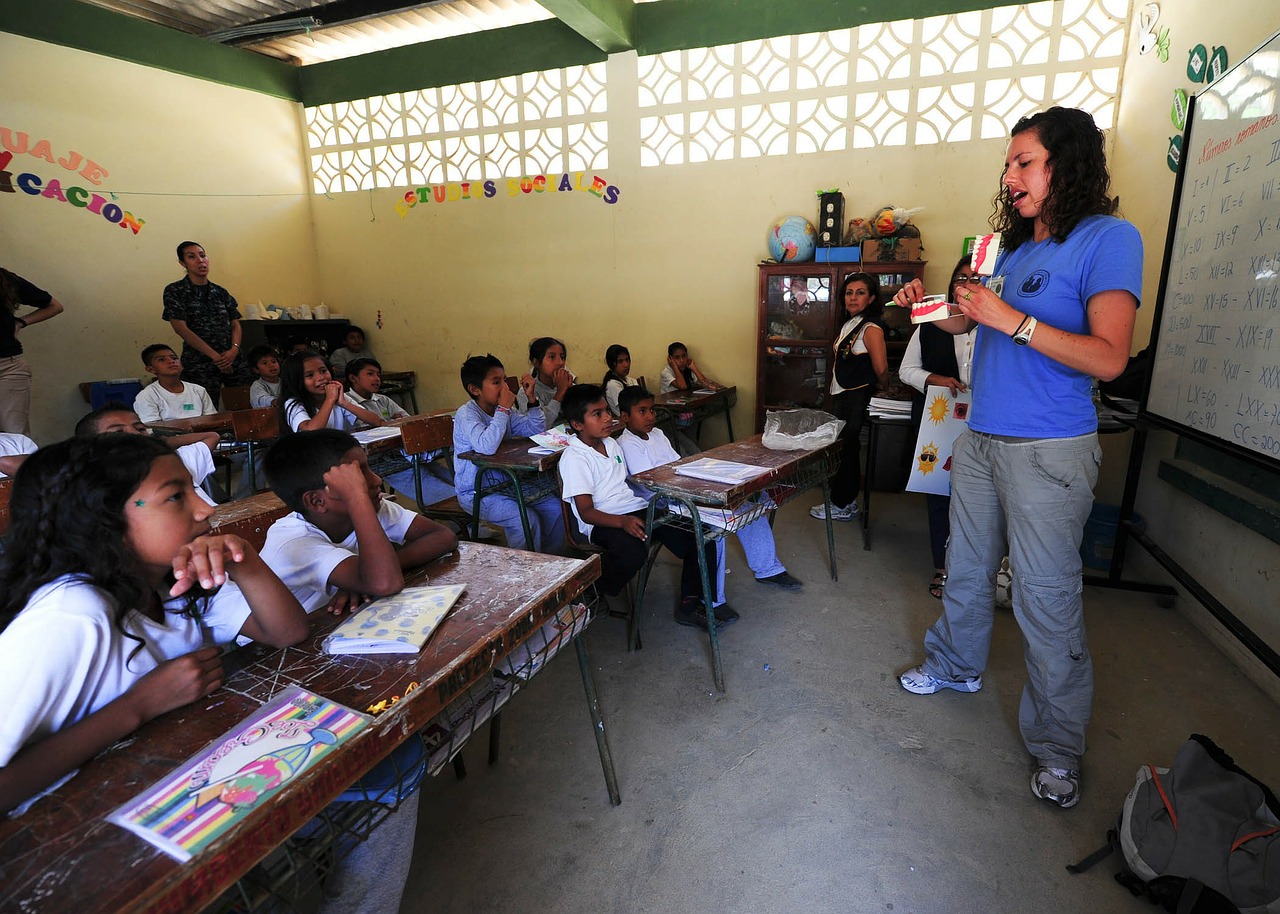ISBE Seeks More Funds In Pursuit Of Equity
Last month, the ISBE approved a budget request for $9.6 billion dollars in state funds, most of which will go to the state’s “evidence-based funding” model, designed to bring all school districts up to adequate funding. For fiscal year 2021, ISBE is asking lawmakers to appropriate $510 million toward equitable funding. That’s an increase of $150 million over last year. If approved, it will increase funding in the state’s poorest districts by an average of $109 per child.
New Legislation Would Require K-12 Mental Health Curriculum
Representative Matt Claman has pre-filed legislation that expands existing health education requirements to include mental health curriculum in all K-12 health classrooms. The goal is to make sure students are adequately educated on vital information about mental health symptoms, resources, and treatment. Claman said the standards will be developed with information from counselors, educators, students, administrators, and other mental health organizations to form a comprehensive course for students.
Want Better Attendance? Look at Principal Quality
A new study buy Brendan Bartanen, an assistant professor at Texas A&M University, finds that principals have just as much impact on student attendance as they do student achievement — especially in urban and high-poverty schools where unexcused absence rates can be almost twice as large as those in suburban and rural schools. Bartanen, whose work has focused on the effects of principal turnover, examined data on 3,100 Tennessee principals from 2006-07 through 2016-17. He finds that the principal effect also lowered the chances that a student would be chronically absent by 4 percentage points.
How States are Allocating Funding for Rural Schools
According to a previous article on K-12 Funding, 29 states have a small size or isolated adjustment policy in statute. This deals with challenges such as the high levels of poverty which in turn negatively affect property tax revenue, an educational achievement gap between racial and ethnic groups remains and it’s strenuous for schools to recruit and retain good teachers. In fact, teachers have been expected to accomplish far more goals with fewer resources in rural schools.
Kentucky to Pay for the GED Test for Thousands of Kentuckians
State officials of Kentucky recently announced that the state would pay for GED tests to help Kentuckians’s further their education. Kentucky’s Education and Workforce Development Cabinet will allot $600,000 to waive GED test fees for first-time test-takers in the coming year, Lt. Gov. and Cabinet Secretary Jacqueline Coleman said. About 335,000 Kentuckians over the age of 18 don’t have a high school diploma or GED, officials said. Paying for a test should not be a barrier to better-paying jobs, they added.
Using Data to Keep School Improvement on Track
Research on chronically low-performing schools suggests that monitoring the implementation and progress of those schools’ improvement efforts can help them use limited resources more effectively. REL Mid-Atlantic is partnering with the Office of Leadership Development and School Improvement (OLDSI) at the Maryland State Department of Education to co-develop a tool to track OLDSI’s services to and engagement with schools that need Comprehensive Support and Improvement (CSI) and their districts. This initiative supports the state in taking the actions outlined in its plan to comply with the Every Student Succeeds Act (ESSA) and then correlating state supports with outcomes in the schools. Under ESSA, states must articulate their approach to supporting CSI schools. These schools are generally the lowest-performing and face the most significant challenges in academic achievement, student growth, and other areas.
What if Students Returned to the Same Teachers the Next Year?
Have you ever wondered what it would be like to start the school year with all students “looping” into the rhythm of their classroom routines, with teachers already having a handle on every student’s strengths, struggles and home issues? In this scenario, teachers would have the opportunity to go back and re-teach a hard-to-grasp skill that students completely understood last year? Studies show that schools and teachers who embrace looping have these opportunities as well as the benefits of higher attendance, increased engagement, more instructional time, improved teacher retention and gains in student achievement.

